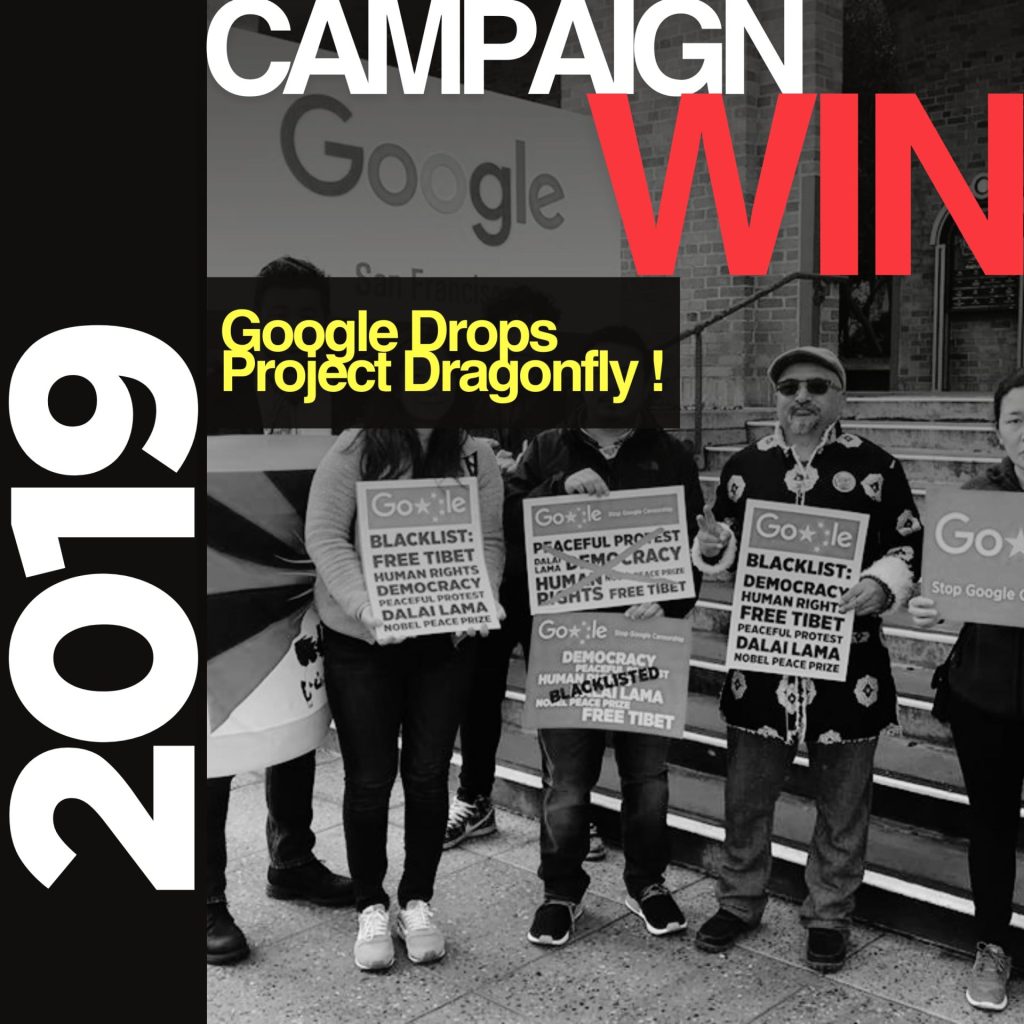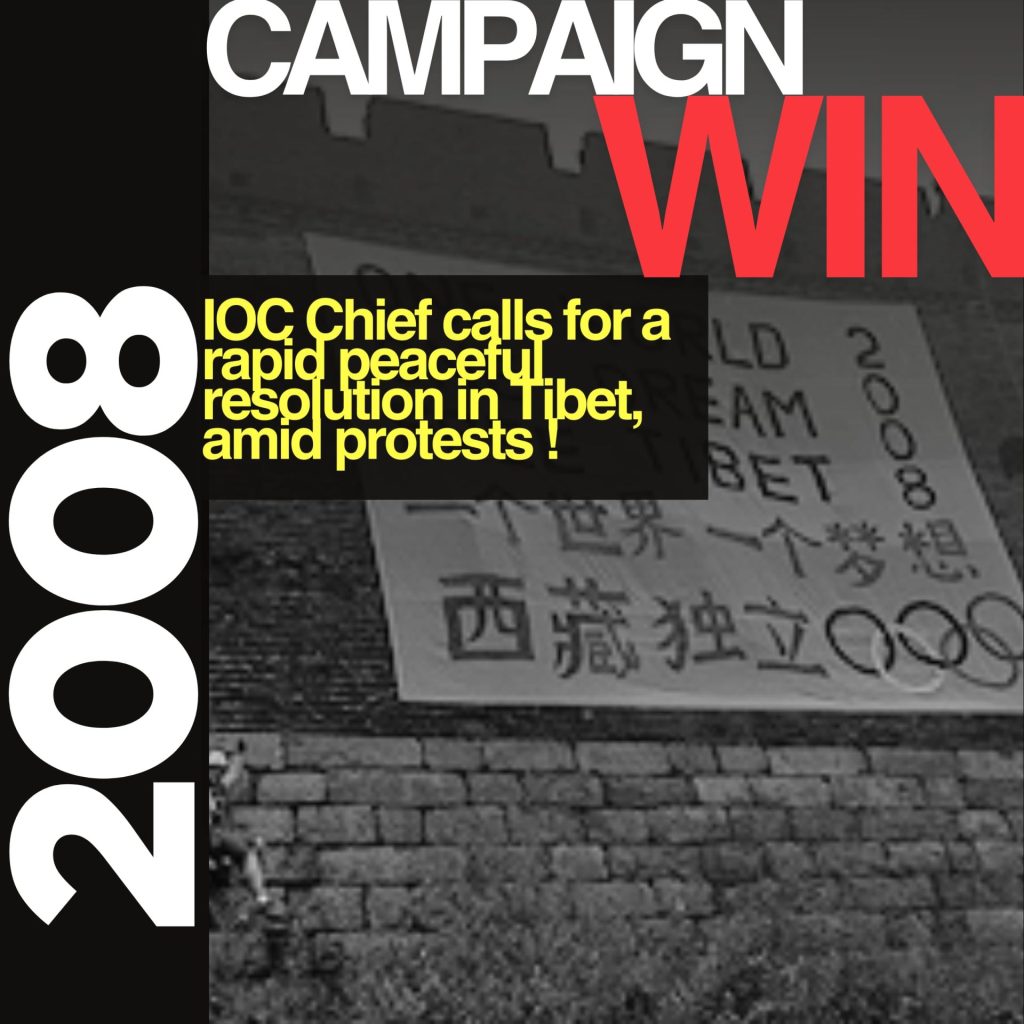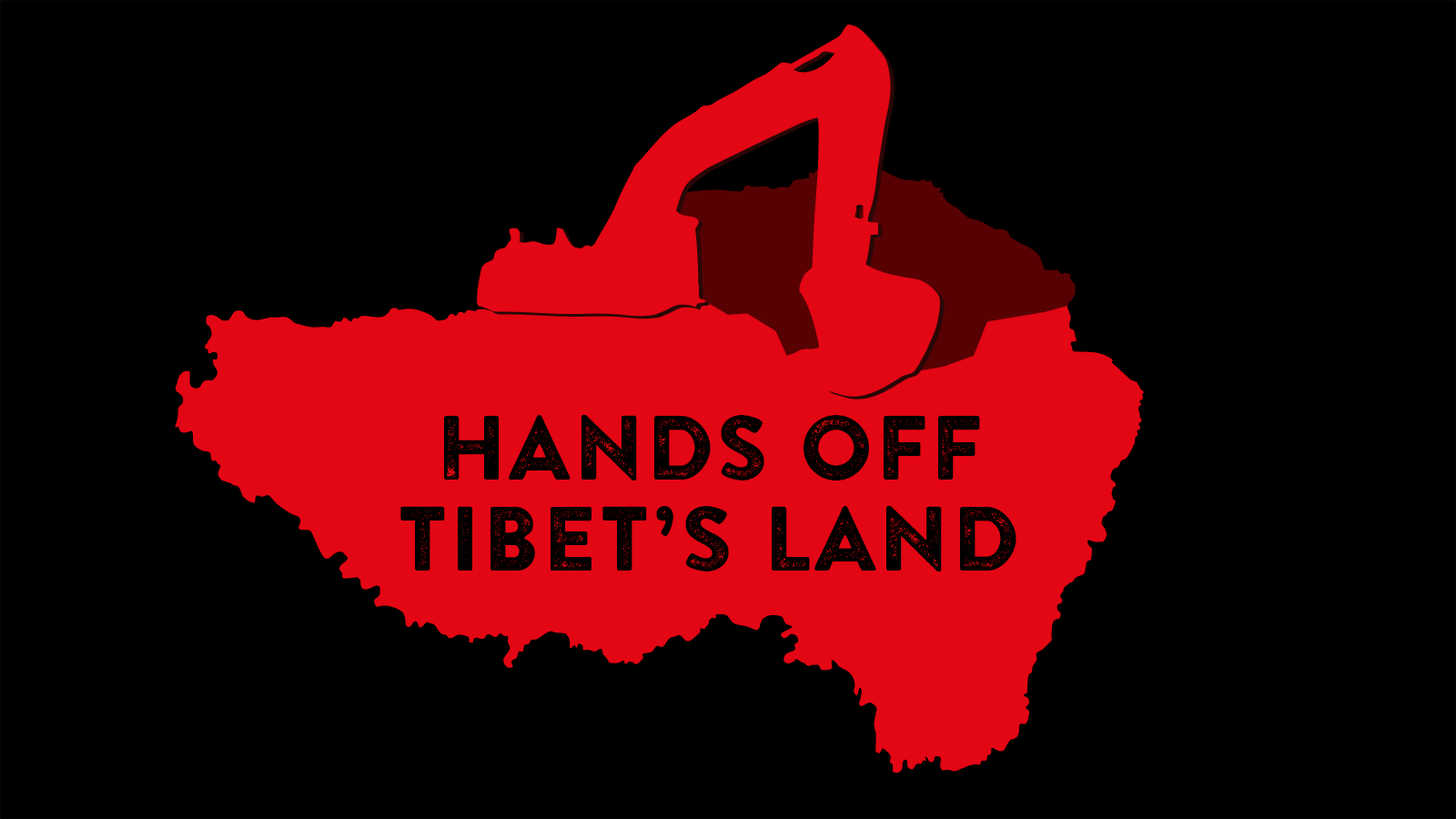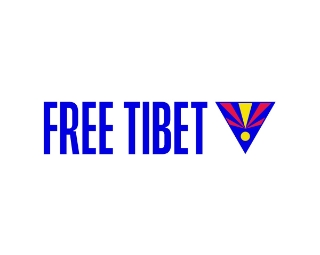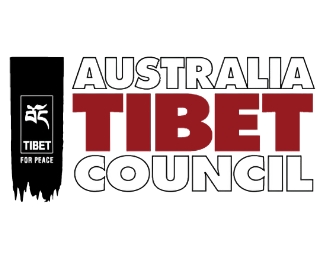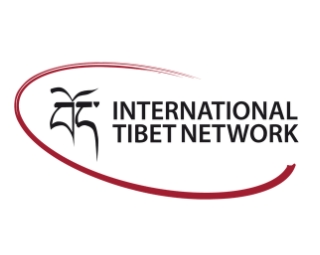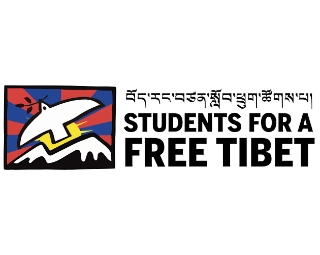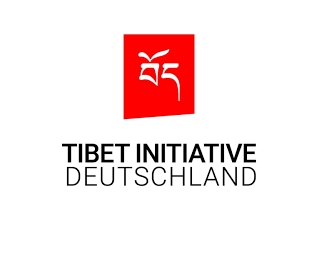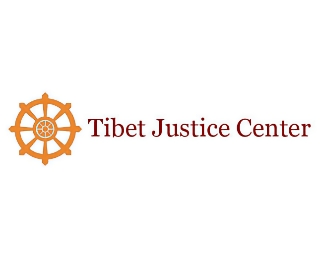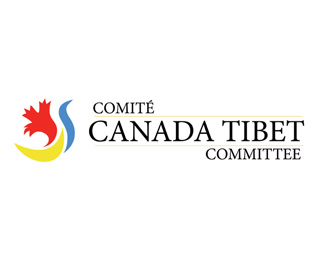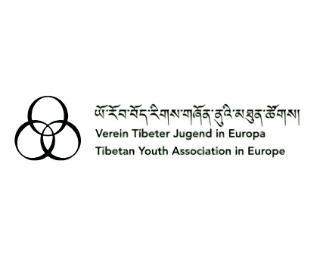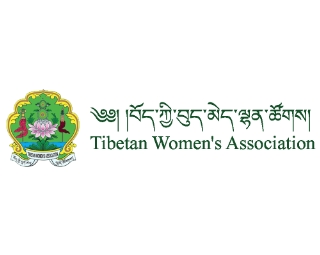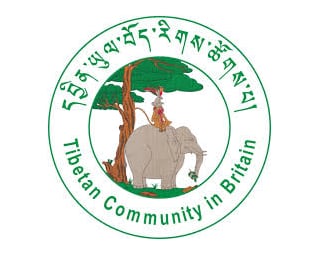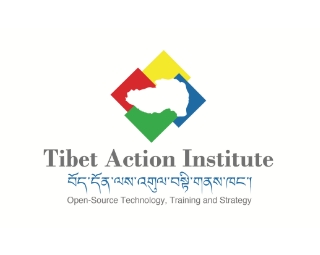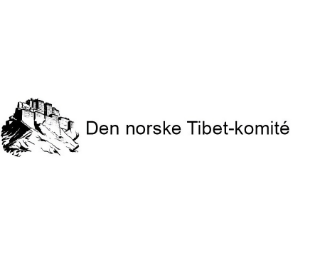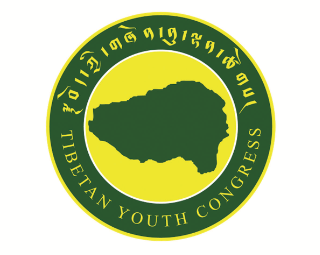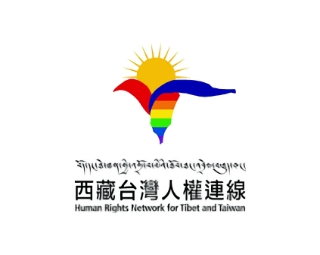Hands Off Tibet’s Land!
China’s large-scale development projects in Tibet, including dams, highways, and mining operations, threaten the region’s environment, cultural heritage, and the lives of Tibetan people.

What’s the Issue?
These projects serve China’s strategic interests in resource control and territorial claims but have devastating effects on Tibet’s ecosystem, ancient cultural sites, and the rights of its inhabitants.
Meanwhile, the West has partnered with China for mutual economic benefit while ignoring the occupation of Tibet, the exploitation of its natural resources, and the irreversible environmental damage inflicted on the region. Western and Chinese interests in the Green Energy transition continue to violate Tibetans’ rights to their lands and resources without their consent, resulting in the arrest, imprisonment, and torture of protesting Tibetans.

But going Green is important?
Yes, and nobody knows this more than Tibetans, who are on the frontline of the global climate crisis. But it also matters how the transition to Green Energy is carried out. China’s extraction and hydropower dams raises ethical concerns about resource ownership, as minerals and resources needed for this shift are controlled by China, who has forcibly and brutally occupied Tibet. There is a pressing need to address how the transition can respect Tibetan rights and whether it is ethical to exploit Tibet’s non-renewable resources or alter its lands permanently under Chinese occupation and oppression.
The occupation of Tibet and the exploitation of its resources for Green Energy mirror the atrocity of blood diamonds, as both involve the ruthless extraction of precious resources at the expense of oppressed communities. Just as blood diamonds are mined under violent and exploitative conditions that fuel conflict and human rights abuses, Tibet’s natural resources are being plundered by China, aided by Western complicity, to serve global energy demands. This unethical extraction occurs while Tibetans face severe repression, including arrests, torture, and the destruction of their cultural heritage, with no consent or benefit to the local population.
The so-called Green Energy transition, much like the blood diamond trade, prioritises profit over the fundamental rights and dignity of an occupied people.
Are Tibetans in Tibet protesting these projects?
In February 2024, countless Tibetans, including monks, were arrested for protesting Kamtok hydropower dam on the Drichu River in Kham, Eastern Tibet. This dam would displace two villages, submerge six ancient and sacred monasteries, and harm the local ecology.
The rarity of such large-scale protests highlights the severe repression in occupied Tibet.
What are you asking for?
We’re calling for an international moratorium on mega development in illegally occupied Tibet until such a time when Tibetans are free to either provide their consent to such projects or refuse consent without fear of arrest and torture.
Failing to do so is investing in and supporting the continued occupation and oppression of Tibetans by the Chinese government, and allowing the Chinese government to profit from the occupation and oppression of Tibetans.
HANDS OFF TIBET’S LAND: Expert Panel
For decades Tibetans in Tibet have been fighting to protect their distinct way of life, their lands and natural resources against destructive damming, extensive mining, land expropriation, and infrastructure projects.
Tibetans are resisting these developments, because there are no opportunities to shape environmental and climate policy, despite having a wealth of accumulated knowledge and skill in how to best manage the vast and challenging Tibetan Plateau.
Without alternative opportunities for meaningful intervention,Tibetans have been forced to resort to protests and petitions.
Watch and share this expert panel discussion on the ongoing situation in Tibet.
Our impact
Time and time again the Tibetan Freedom Movement has won campaigns by holding the world’s biggest companies to account – and we can do it again this time! Here are a few of our successes:


